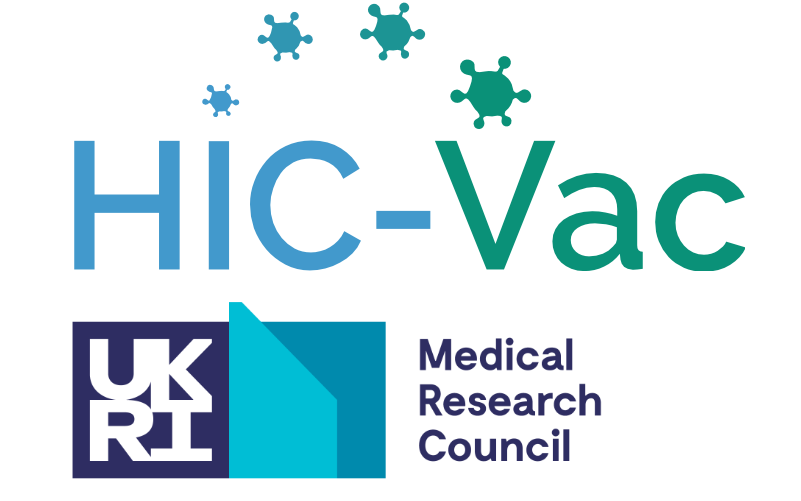Guiding principles for researchers applying for funding for human infection studies could help to invigorate the field, according to a new report published by the Academy of Medical Sciences today (July 25, 2018).
The report, summarising a workshop that took place in February 2018, also highlights how the research community could engage with regulatory agencies (such as the MHRA) to determine if there are benefits of regulators taking an active role in guiding the manufacture of infectious agents.
The workshop, funded by HIC-Vac, the MRC and the Wellcome Trust, provided a valuable opportunity for the research community to come together and discuss the regulatory and ethical challenges around carrying out human infection studies.
Human Infection Studies are clinical studies that deliberately expose participants to an infectious agent. These studies are often done in the context of developing or testing new vaccines.
In 2005 the Academy of Medical Sciences produced a report making some key recommendations, after researchers identified the need for specific guidance of the ethical, safety, legal and societal implications of human infection.
More than 10 years later, the research community wanted to refresh the key challenges they face and find possible ways to address these challenges.
The shared goals are to make human infection studies as safe and ethical as possible, maximise the scientific worth of the studies, and make the process of setting up and running studies smoother and simpler for researchers (particularly in low to middle income countries, that bear a disproportionate burden of infectious disease).
The full report can be read on the Academy of Medical Sciences’ website.
You can download the report in full here:

